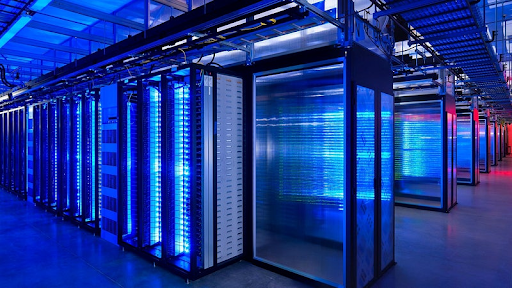Nvidia, the AI chipmaker, recently became the world’s first $5 trillion company, a clear sign of the market’s “exuberance” for artificial intelligence. This optimism is the engine behind a $3 trillion projected spending spree on datacenters, but some worry this “debt-fueled” frenzy could “backfire.”
The good news is everywhere. Microsoft and Apple are $4tn companies, and OpenAI is valued at $500bn. Google’s parent, Alphabet, just posted a $100bn quarter. This financial might is funding a $750bn two-year spend by the “hyperscalers” (Amazon, Meta, Google, Microsoft) on AI infrastructure.
This investment is changing landscapes. In Newport, Wales, a new Microsoft datacenter is seen as a “generational employment opportunity,” a tangible sign of the “economy of the future.” Globally, mega-projects like the $500bn “Stargate” venture are being announced.
But this positivity is being met with “bubble” warnings. A $1.5tn funding gap for the $3tn spend is being filled by “private credit,” a risky “shadow banking” sector. Analysts warn that lenders, caught in the hype, are funding “speculative assets” that depreciate rapidly.
This “exuberance” is also running ahead of proven business value. An MIT study found 95% of organizations are getting zero return on their AI pilots. Nvidia’s $5tn valuation is built on the expectation that these returns will come. The $3tn bet is that the 800 million users of ChatGPT are just the beginning.

